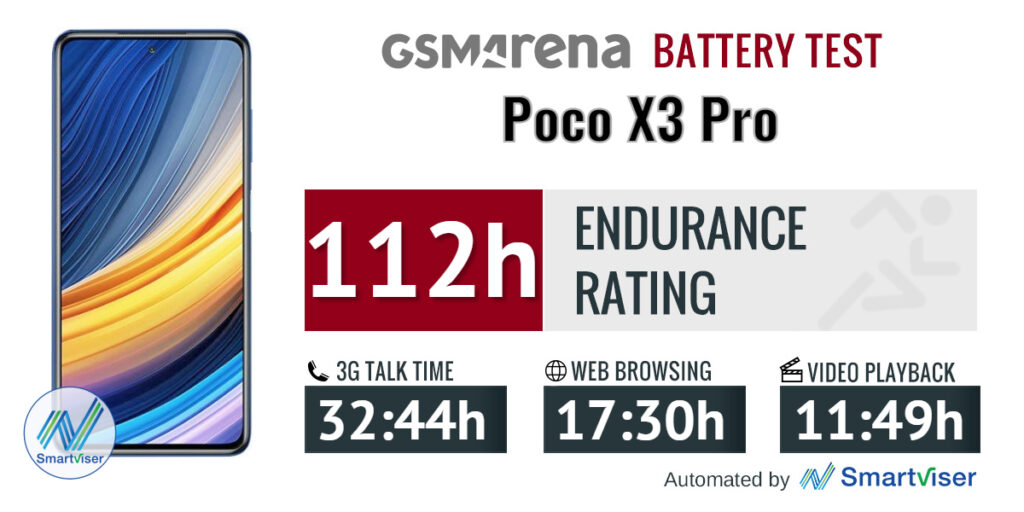Small Improvements Make a Big Difference
Improving your website's speed can sound daunting, but even small improvements will make a big difference in your loading time. If you can implement a few website hacks to help you load fast, you have a better chance of finishing in the top 10% of most popular sites on Google.
What are the Benefits of a Fast Loading Website
As your website increases in content and traffic, you need to review its loading speed regularly. You must take a look at your page loading speed if you have done nothing else over the years to improve its performance. Many benefits come with a fast-loading website. Google's algorithm takes this into account and makes page speed optimization if you want to place higher in the queue. If you have existing clients and have a loyal brand following, a fast-loading website also enhances their buying experience. Remember that the goal of any business is to keep existing clients and aim for repeat transactions.
How You Can Increase Your Website Speed
The two most crucial benefits of fast websites are higher ranking and improved customer experience. Now that you're informed, you need to think of ways to make use of this information. Here are a few website hacks to increase your loading speed.
1. Optimize Your Website Images
Since 52% of the load time is spent on playing images, developers should optimize images to load faster and reduce page loading speed. When images are optimized for performance, Google's algorithm accelerates, favoring websites that load quicker and penalizing those that take forever.
Too many images on a web page can affect its speed, but that doesn't mean you need to remove them for page speed. Some large image sizes are worth optimizing. Use Content Delivery Networks (CDNs) to compress these images and minimize resources to make your website load faster.
Though not images technically, optimizing lazy-loading ads can also help your pages load better and faster.
2. Use a Cache
There are times that you need to enable an application so it can work by itself. You can efficiently resolve this problem through a plug-in, a software code that allows your application to run.
However, if you allow too many plug-ins, your site will load much more code, spiking up the need for response time from your server. As they are essential, it is good to combine plug-ins with advanced caching mechanisms to improve your website's loading speed.
But you may ask, What is a cache? A cache is a hardware or software component that keeps data for quicker retrieval in the future. Using an excellent caching plug-in will help you solve several speed problems.
Aside from plug-ins, browsers can also benefit from this practice. Browsers use cache to reduce the number and size of HTTP requests, making websites load faster. The result is a lower amount of data transfer required to complete the task more quickly, resulting in a faster page load. The browser can also cache CSS and Javascript files, so there's no need to have it loaded all the time. You can do this with the help of an excellent caching plug-in.
3. Use Compression Softwares
Your website contains every piece of information about your business. They can be texts, images, videos, HTML, and CSS files, and they do take a lot of space; loading your pages might take forever.
Through data compression, your file size is reduced. It goes under the process of re-encoding by using fewer bits of storage than the original file. In the process, you are secured that the original file is transferred or stored and recreated for later use.
There might be much data on your website, but there are many compression tools out there, too. Choosing the right one can ultimately lead to better website speed and reduced loading time.








